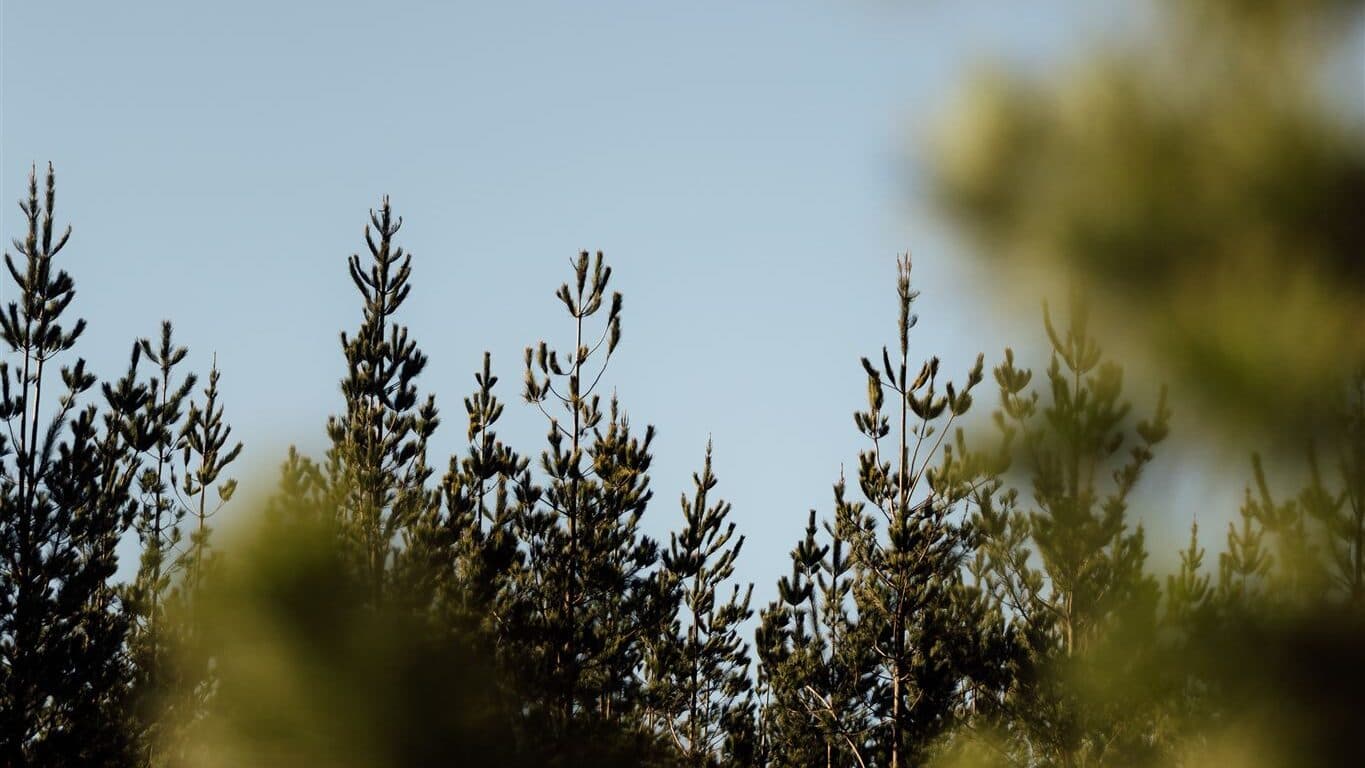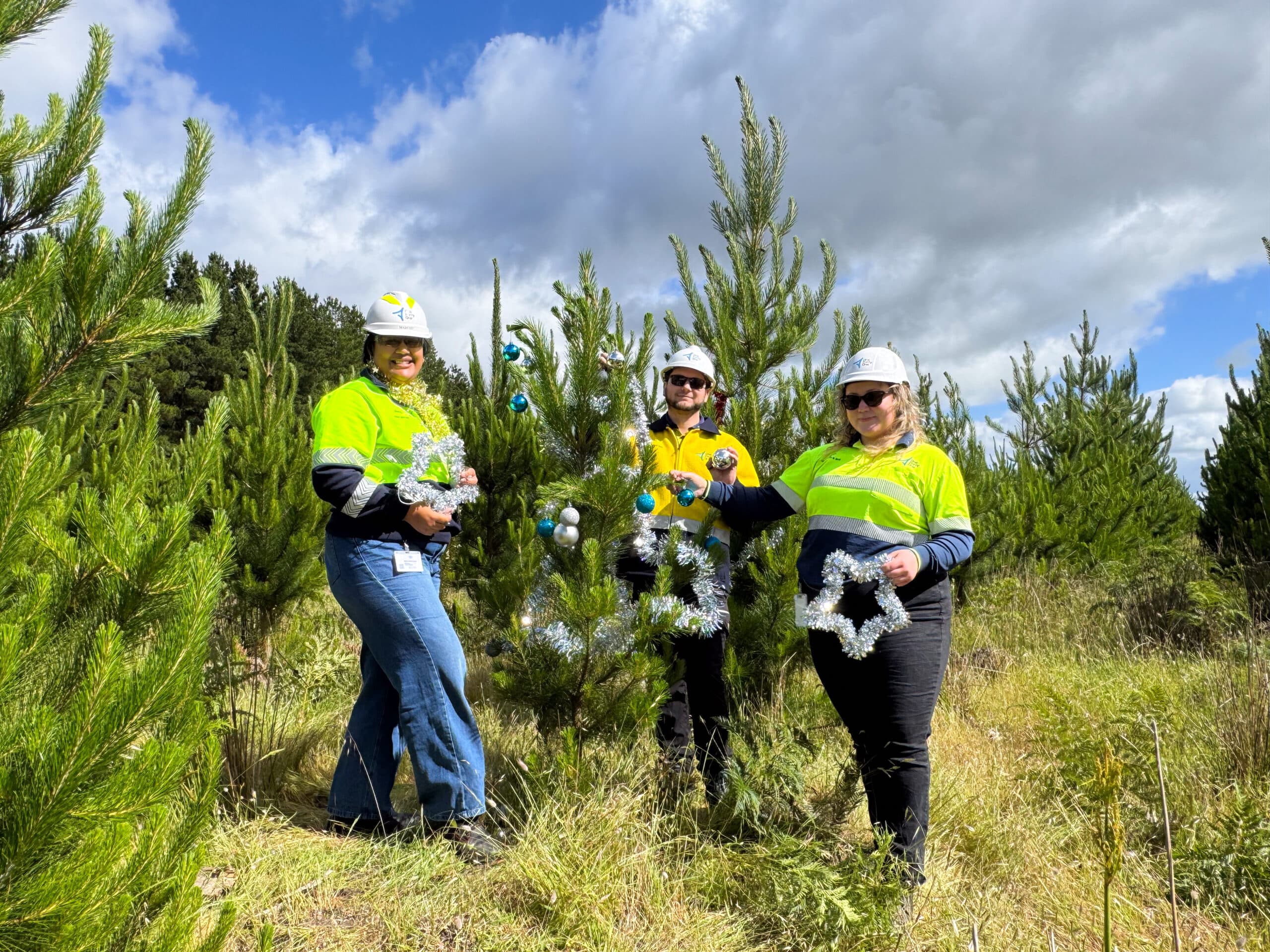
Joe Cella – Sawshop stalwart retires
OneFortyOne acknowledges the Traditional Custodians of Country throughout Australia and their deep connections to land, water, and community. We pay our respect to Elders past and present and extend that respect to all First Nations people today.
In Aotearoa New Zealand, Māori communities have a strong spiritual connection between people and the land – the wellbeing of one sustains the wellbeing of the other. We strive to build meaningful relationships with iwi as tangata whenua (people of the land/region), to be responsible intergenerational kaitiaki (stewards/guardians) of the land where our forests grow.







